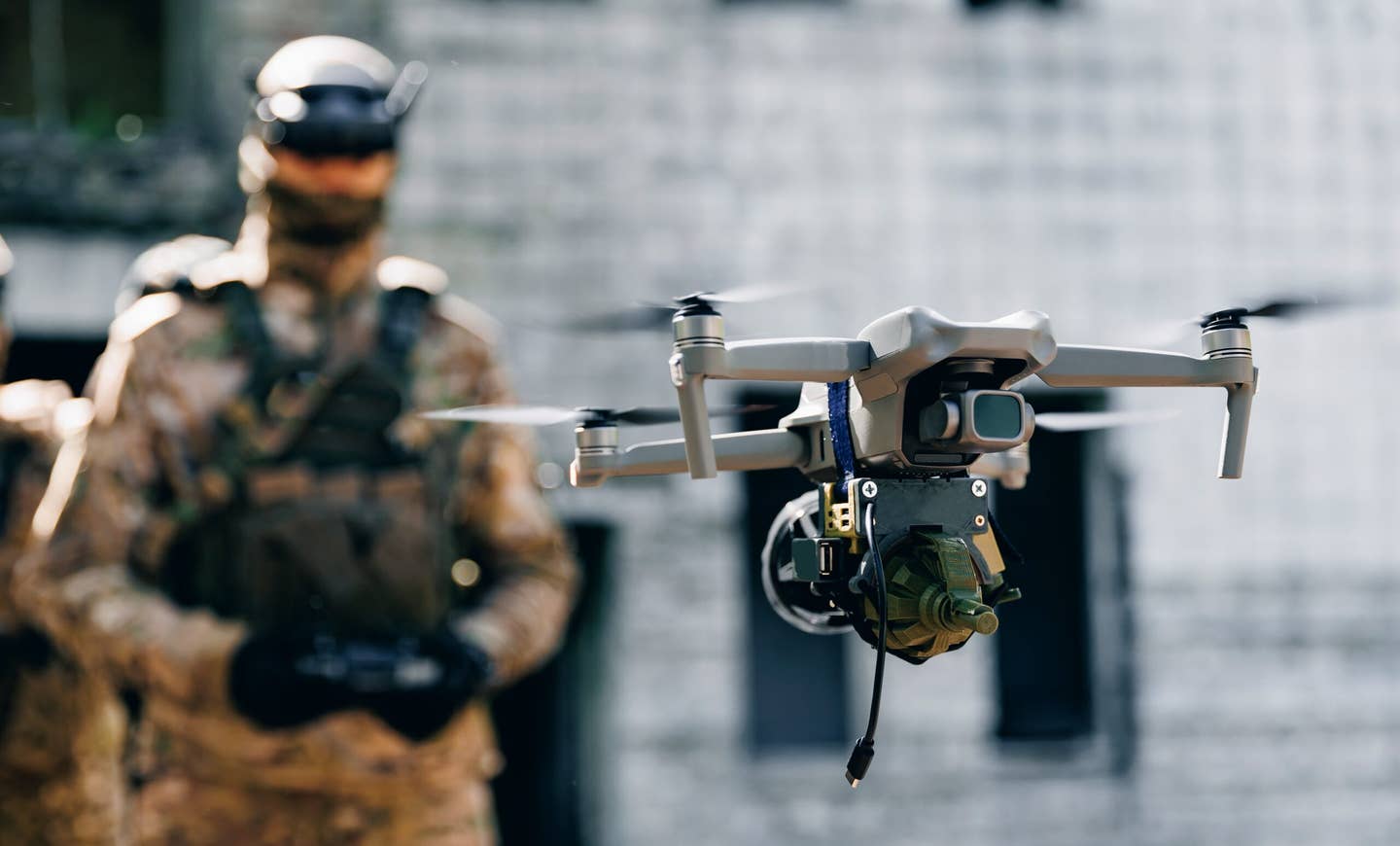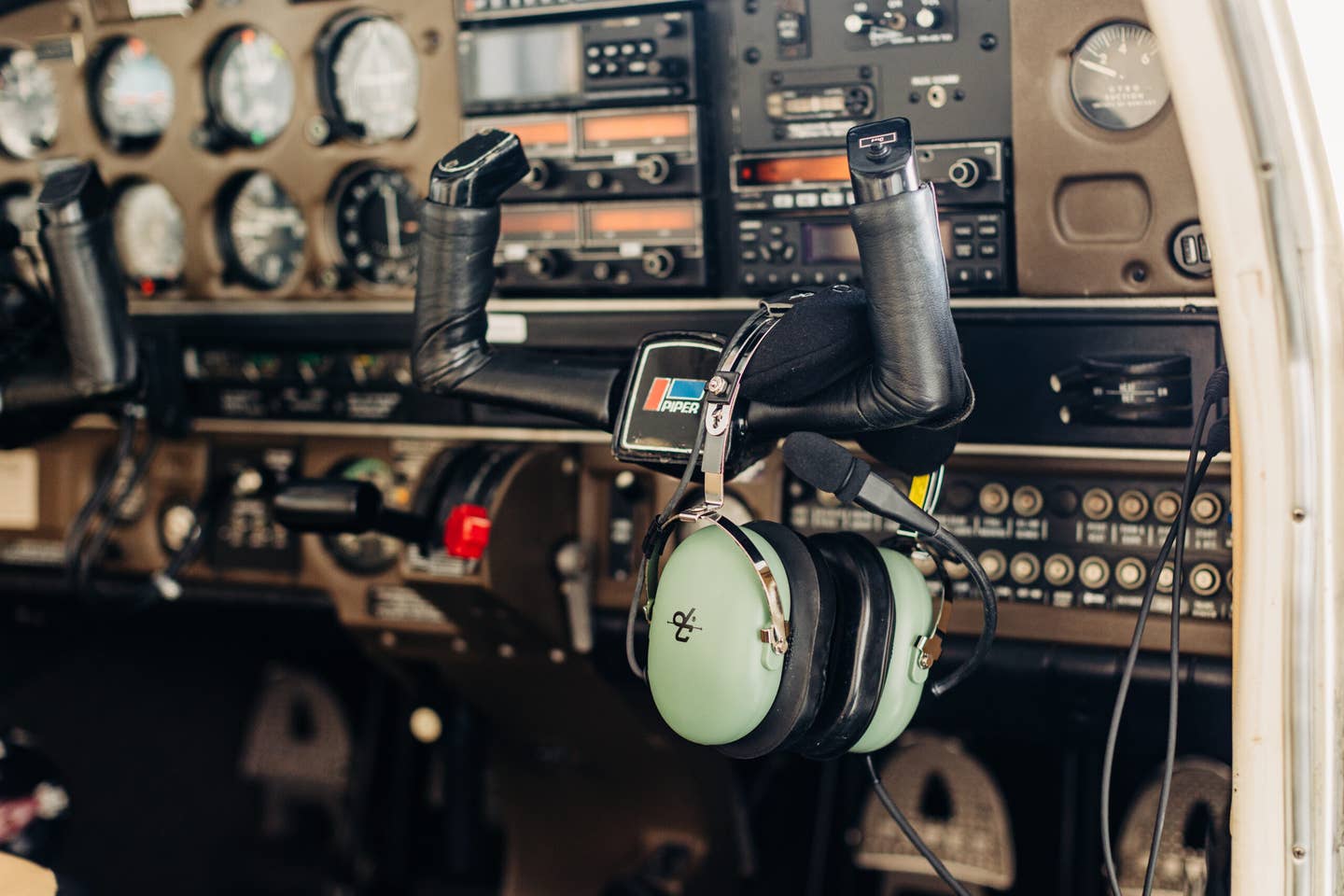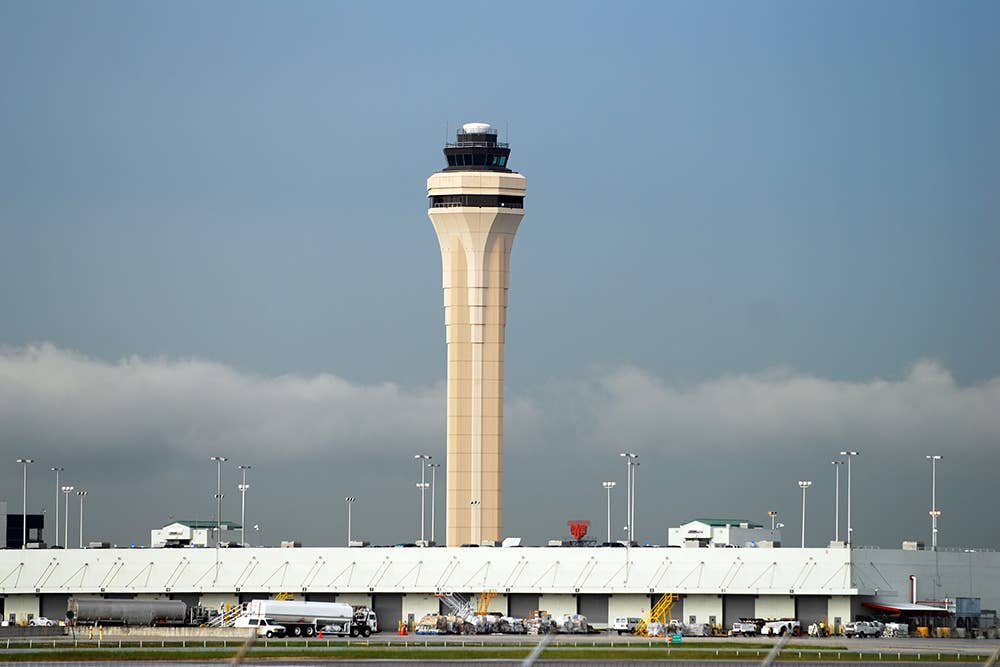Lilium eVTOL Moves Closer to Next Phase of Type Certification
Germany-based Lilium (NASDAQ: LILM) has submitted proposals to the European Union’s aviation regulatory agency for how its electric vertical takeoff and landing aircraft will comply with type certification requirements.

Lilium’s ducted-fan eVTOL is expected to achieve EASA type certification in 2025. [Courtesy: Lilium]
Germany-based Lilium (NASDAQ: LILM) has submitted proposals to the European Union’s aviation regulatory agency for how its electric vertical takeoff and landing aircraft will comply with type certification requirements.
Lilium’s announcement Tuesday represents a significant step forward toward achieving type certification from the European Union Aviation Safety Agency (EASA) for a ducted-fan, seven-seat production eVTOL by the company’s expected 2025 timeline.
Specifically, Lilium has submitted a full set of means of compliance proposals—a required part of EASA’s certification program under which a manufacturer demonstrates that its new aircraft conforms with airworthiness standards outlined by EASA.
The company announced earlier this month it had begun the next phase of flight testing at ATLAS Flight Center in Villacarrillo, Spain. Tests of Lilium’s Phoenix 2 demonstrator at the Spanish site began with hover flights and is expected to expand into a full campaign aimed at extending the flight envelope through full transition from vertical to horizontal flight and high-speed operations.
In 2020, Lilium completed the first step of EASA’s certification process, winning an EASA certification basis (CRI-A01).
The second step includes defining and agreeing on how Lilium will demonstrate that its eVTOL fully complies with each certification requirement. An important part of that second step includes submitting means of compliance proposals to EASA.
The third and final step requires Lilium to actually demonstrate it has fully complied with EASA’s type certification program.
Lilium, which announced partnerships in March with U.S.-based NetJets and FlightSafetyInternational, has said it is pursuing type certification concurrently with EASA's U.S. equivalent, the Federal Aviation Administration (FAA).
Phoenix 3
Later this summer, Lilium plans to add a second demonstrator—Phoenix 3—to its test fleet, which is expected to accelerate the company’s flight test campaign and allow engineers to learn more about the aircraft.
The eVTOL’s propulsion system uses 30 battery-powered ducted fans embedded across the aircraft’s wings and forward canards. The eVTOL is designed with an expected range between 40 to 200 km (22 and 108 nm) and speeds as fast as 300 km/h (162 knots).

Sign-up for newsletters & special offers!
Get the latest FLYING stories & special offers delivered directly to your inbox






